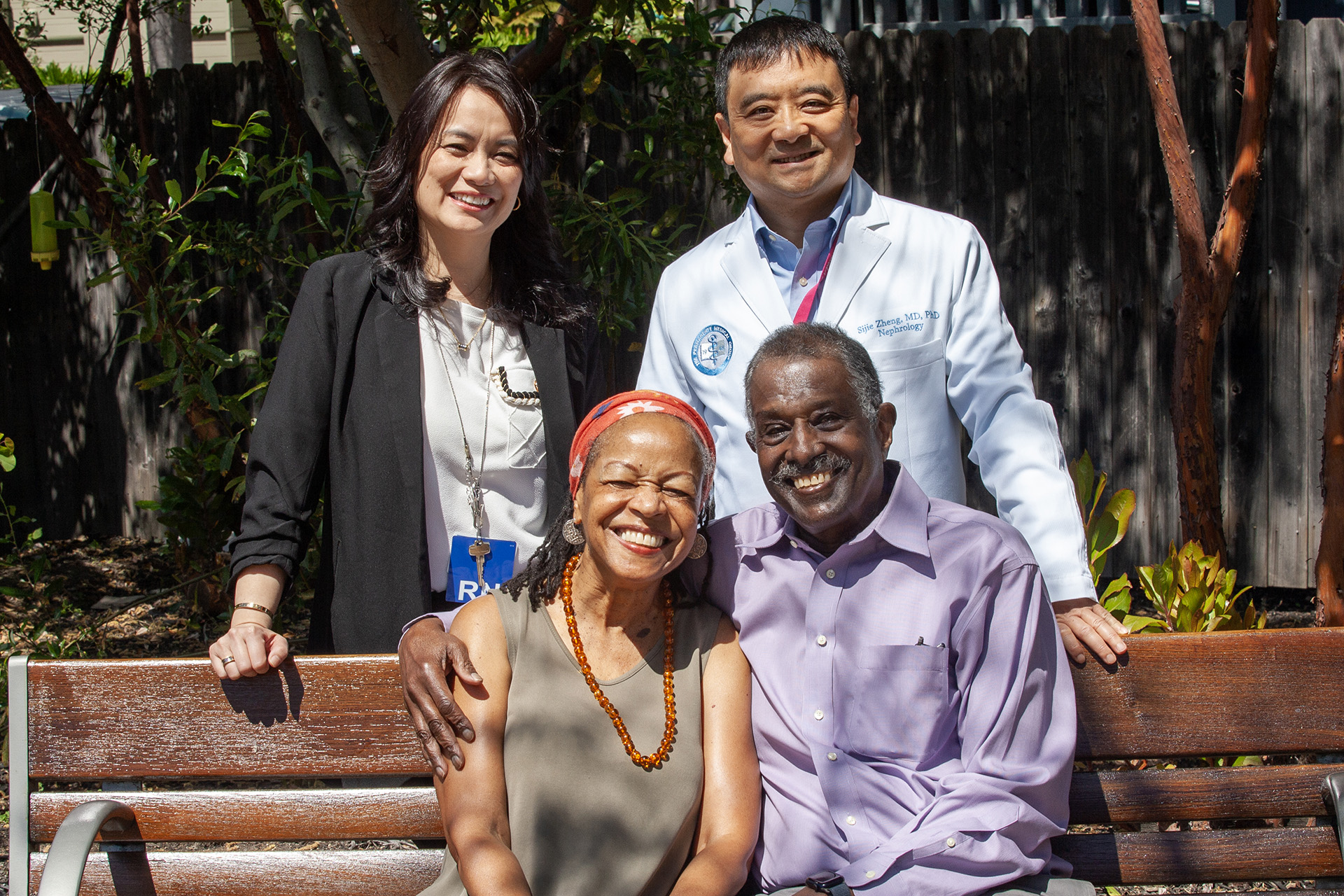Kaiser Permanente Oakland, Richmond, and Walnut Creek medical centers recently received a designation from the American College of Surgeons for implementing practices that help improve surgical care and outcomes for seniors.
This designation, called the Level 1 Comprehensive Excellence Geriatric Surgery Verification, is given to hospitals that have implemented 30 evidence-based standards of care for patients 75 years and older.
The Kaiser Permanente Fresno Medical Center was one of the nation’s first hospitals to achieve this verification in 2021. Kaiser Permanente’s 4 medical centers now represent half of all hospitals nationwide with the designation, and the only 4 in California.
“This accomplishment is a testament to our dedication as an organization to providing the best possible surgical care for older adults,” said Smita Rouillard, MD, associate executive director of The Permanente Medical Group (TPMG). “We’ve harnessed all our strengths, from our fully integrated model to our multidisciplinary collaboration, and we’re working toward verification of every single one of our 21 medical centers.”
People 65 years and older undergo about 40% of all surgeries nationwide and are at higher risk for complications, hospital readmissions, and mortality. Seniors are also the fastest-growing segment of the U.S. population.
“With this influx of older, more vulnerable patients in our health care systems, it’s more important than ever to ensure we can address their needs, especially in surgical specialties,” said Hemant Keny, MD, TPMG lead for surgical quality and safety, and regional co-lead of the KP Northern California Senior Surgical Care Program. “Older patients often have preexisting medical issues like chronic conditions, frailty, or dementia that can affect surgical outcomes, and they are at increased risk of delirium after surgery.”
Meeting patients’ needs
Kaiser Permanente Northern California’s Senior Surgical Care program focuses on 4 key areas of geriatric surgical excellence identified by the American College of Surgeons: goals and decision-making, avoiding delirium, preventing functional deterioration, and nutrition and hydration.
“One of our program’s key priorities is making sure that surgery aligns with patients’ goals,” said Franklin Keathley, RN, who is a program co-lead and regional director of patient safety. “If a patient’s goal is to attend her granddaughter’s wedding in three months, for example, does having surgery help her achieve that?”
Dr. Keny added: “Surgeons have extensive goals-of-care conversations with patients to find out what is important to them, and ensure they understand what recovery will look like and potential consequences for their lifestyle, cognitive function, and well-being.”
Next, geriatricians and perioperative medicine teams conduct assessments to evaluate patients’ cognition, mobility, and nutrition. Patients deemed high risk for surgical complications or who are 85 and older are referred to their medical center’s multidisciplinary Senior Surgical Board, who assess risk and give recommendations to help improve outcomes.
After surgery, patient-centered care includes prompt return of personal sensory equipment, such as glasses and hearing aids, as well as geriatric-friendly rooms with windows and large clocks to help prevent delirium. The care team also conducts medication, nutrition, and rehabilitative services evaluations before discharge. Patients go home with a plan in hand.
“Patients and their families regularly share with us how helpful it is to know exactly what to expect before surgery,” says Anita Chiu, MD, who is regional co-lead of the Senior Surgical Care Program and the program’s physician director at facilities in Walnut Creek and Dublin. “Afterward, patients express appreciation that we understand their individual challenges and put the right resources and support systems in place for recovery.”





Comments (2)
Please bring the geriatric surgical care program to Kaiser Santa Clara Hospital where I would have any surgery done (I’m 75). Thank you!
It would be so helpful to add this geriatric focus to all care, especially Internal Medicine (both inpatient and outpatient). Focus on function, poly pharmacy, and supports at home would greatly enhance care and care planning.